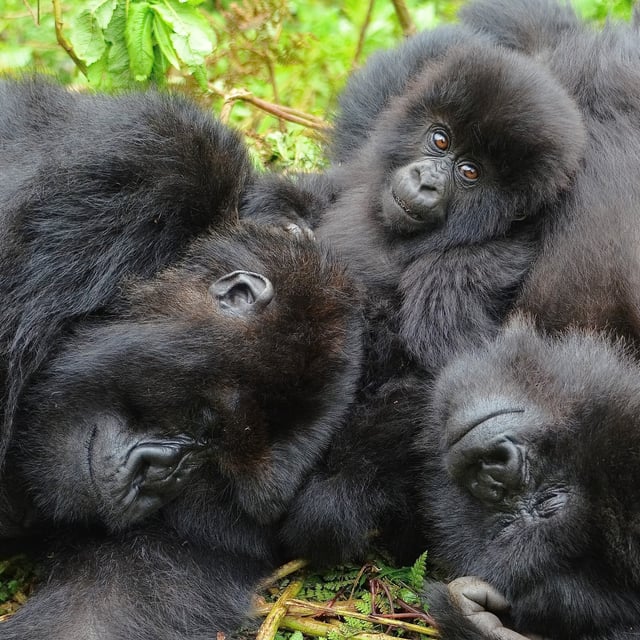Overview
- Female mountain gorillas preferentially join groups containing females they lived with for at least five years or saw within the last two years.
- They avoid groups with males they grew up alongside, a simple mechanism that likely reduces inbreeding risk.
- Group size and sex ratio showed no measurable effect on female dispersal decisions compared with past social experiences.
- These insights stem from more than 20 years of continuous monitoring by the Dian Fossey Gorilla Fund in Rwanda’s Volcanoes National Park.
- Intergroup dispersal and overlapping ranges create extended social networks that help reduce stress and maintain alliances across troop boundaries.
